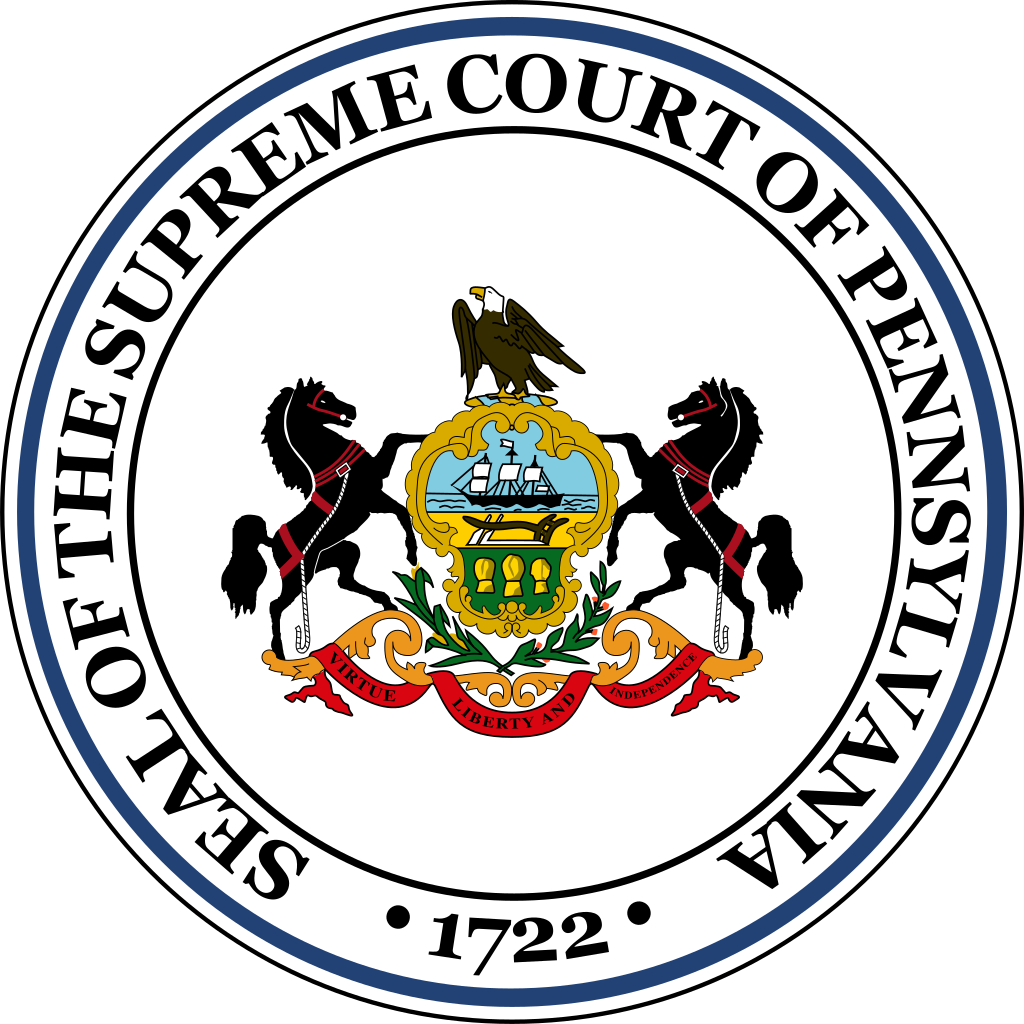Generally, PERA prohibits employers from retaliating against employees for engaging in union organizing and advocacy. The elements of this unfair labor practice are defined as:
(1) the employee was engaged in protected activity;
(2) the employer knew of the activity; and
Not official use.
(3) the employer was motivated by an unlawful motive or anti-union animus in taking adverse action against the employee.Now, in prong (2), when we say the "employer" knew... who exactly are we talking about?
[A]s applied to unfair labor practices under PERA, a complainant meets the knowledge requirement by proving a supervisor, who by definition acts in the interest of the public employer, had knowledge of the employee’s protected activity . . . . We specifically reject the Commonwealth Court’s holding . . . which suggested for purposes of establishing an unfair labor practice claim under PERA the complainant must prove the management official who made the adverse employment decision had knowledge of the employee’s protected activity.This is a labor-friendly interpretation, and removes a potentially valuable (to management) ULP defense.


No comments:
Post a Comment